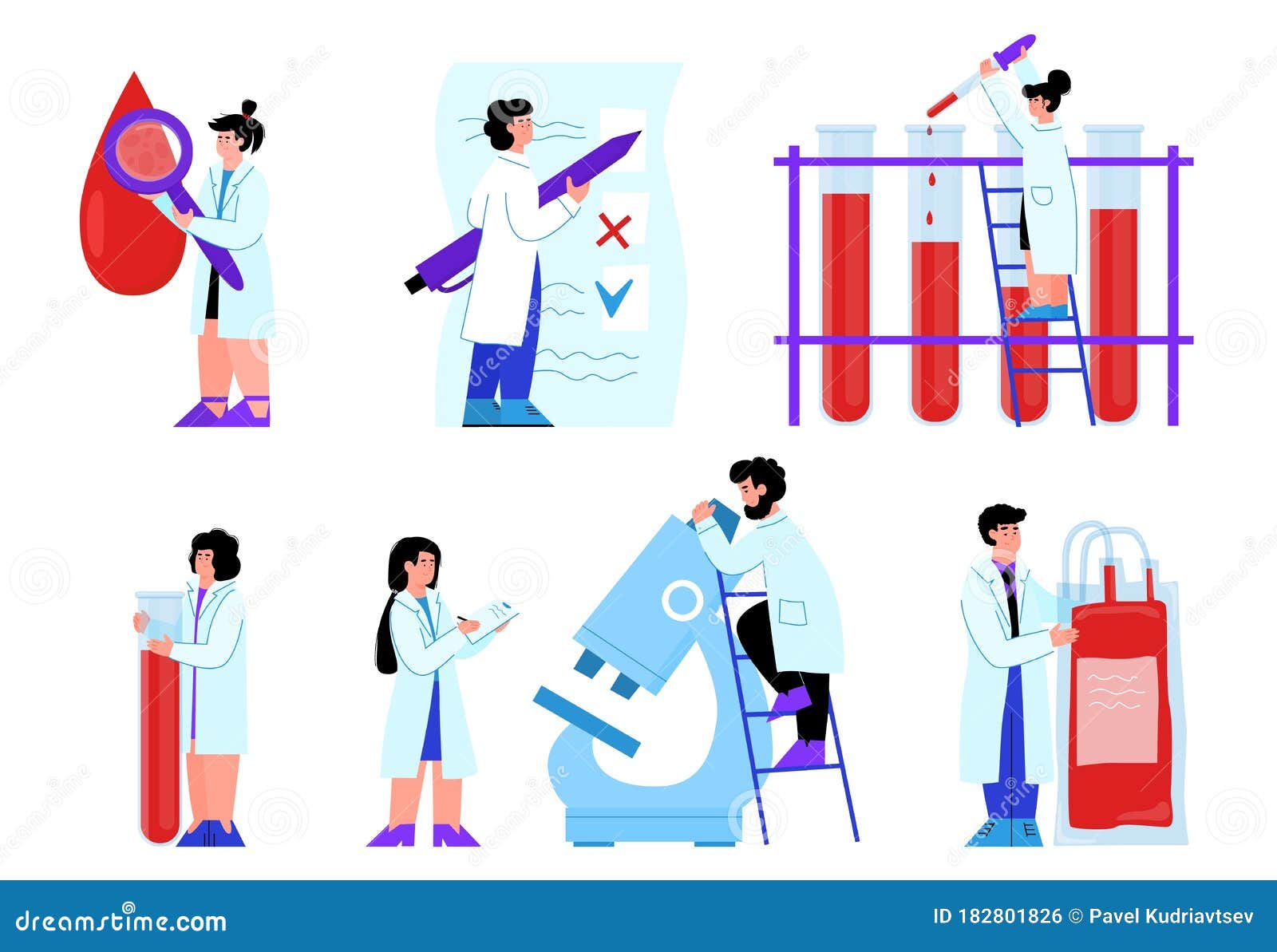Keeping your furry friends healthy plays a vital role in their longevity. Animal diagnostic labs specialize in pet health testing for pets such as cats and dogs.
This article, we’ll break down how veterinary labs work, their key services, and why regular diagnostic testing is important.
Understanding the Role of Veterinary Testing Centers
Animal health laboratories offer testing for biological samples from pets. These labs aid vets to ensure timely interventions.

The procedures at these labs typically involves:
- Animal sample gathering: Vital specimens are obtained at clinics.
- Sample examination: Skilled technicians run tests on the materials.
- Diagnosing the findings: The lab offers conclusions to the veterinarian for further action.
Essential Diagnostic Tests for Cats and Dogs
Pet labs run multiple health assessments to identify underlying issues. Important assessments include:
- Hematology panels: Detect anemia.
- Urine tests: Check for diabetes.
- Stool analysis: Detect intestinal parasites.
- Allergen identification: Identify environmental triggers.
- Diagnostic imaging: Examine internal organs.
Why Regular Testing is Important for Your Pets
Periodic veterinary assessments supports keeping your pets healthy. Early detection helps avoid complications.

Some key benefits include:
- Better disease management: Customized solutions for your pet’s needs.
- laboratório veterinário ribeirão pretolaboratório veterinário são josé
- Confidence in your pet’s health: Stay informed about their health.
- Cost savings over time: Catch issues before they become critical.
Why Veterinary Testing is Essential for Cats and Dogs
Scheduling routine tests for your four-legged friends supports their overall wellness. Animal diagnostic centers help identify issues early to ensure optimal health.
Schedule a diagnostic test today to keep them happy and thriving!
Comments on “Why Veterinary Testing Matters for Your Pets”